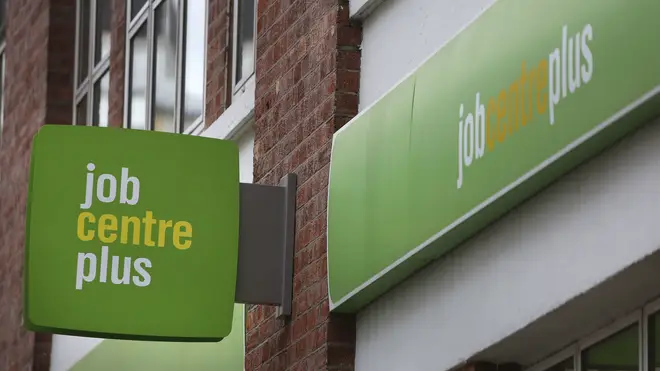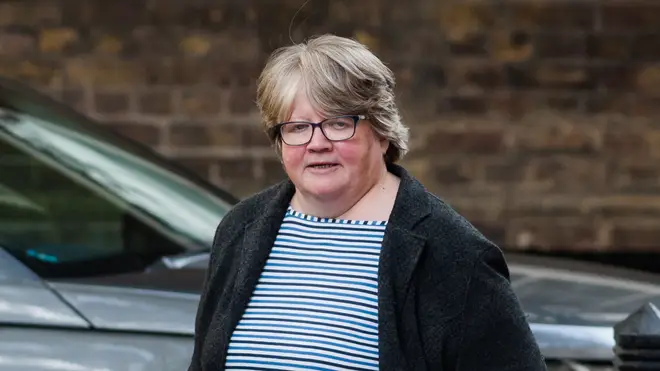
Iain Dale 10am - 1pm
3 November 2019, 11:54

The freeze in benefits payments will end in April 2020 with Universal Credit set to rise in line with inflation, the government has confirmed.
The controversial Universal Credit payment is set to rise by 1.7 per cent and the state pension will rise by 3.9 per cent, the Department for Work and Pensions said.
This move will end former Tory chancellor George Osborne's decision to implement a freeze on benefits back in April 2016.
It is expected to cost around £5 billion and ministers argue it will help 10 million people who "require additional support."
Labour criticised the government's declaration, labelling it a "cynically-timed announcement" that will fool "nobody."
Shadow work and pensions secretary Margaret Greenwood condemned the proposal as it would still leave the freeze in place for five more months.
She said: "Harsh, punitive Conservative policies like the benefits freeze, the two-child limit and the five-week wait have created a society where people are being forced to turn to food banks in ever increasing numbers just to survive.
"Labour will abolish the benefits freeze, scrap Universal Credit and put an end to the two-child limit. We will ensure that our social security system genuinely protects people from poverty as it should."
Incredible. The Tory DWP boss is in denial about the impact of Universal Credit and the 2 child limit. Labour will scrap UC & the 2 child limit. https://t.co/mSZaNP9pTy
— Margaret Greenwood (@MGreenwoodWW) November 3, 2019
Her opponent, the Work and Pensions Secretary Therese Coffey, explained how the Conservatives had improved the economy which made room for a boost to welfare spending.
"We're clear the best way for people to improve their lives is through work but we know some people require additional support," she said.
"Our balanced fiscal approach has built a strong economy, with 3.6 million more people in work since 2010. And it's that strong economy which allows us to bolster the welfare safety net by increasing benefit payments for working-age claimants now."

However, a think-tank called the Resolution Foundation denounced the plan as the benefit freeze "was always due to end next year."
Senior economic analyst Adam Corlett who works for the group said: "The Government's confirmation that working-age benefits will only keep pace with rising prices means there will be no increase in living standards, and those in need of extra support will continue to be left behind.
"With child poverty at risk of hitting record highs, this is a missed opportunity to provide a much-needed boost for low to middle-income families."